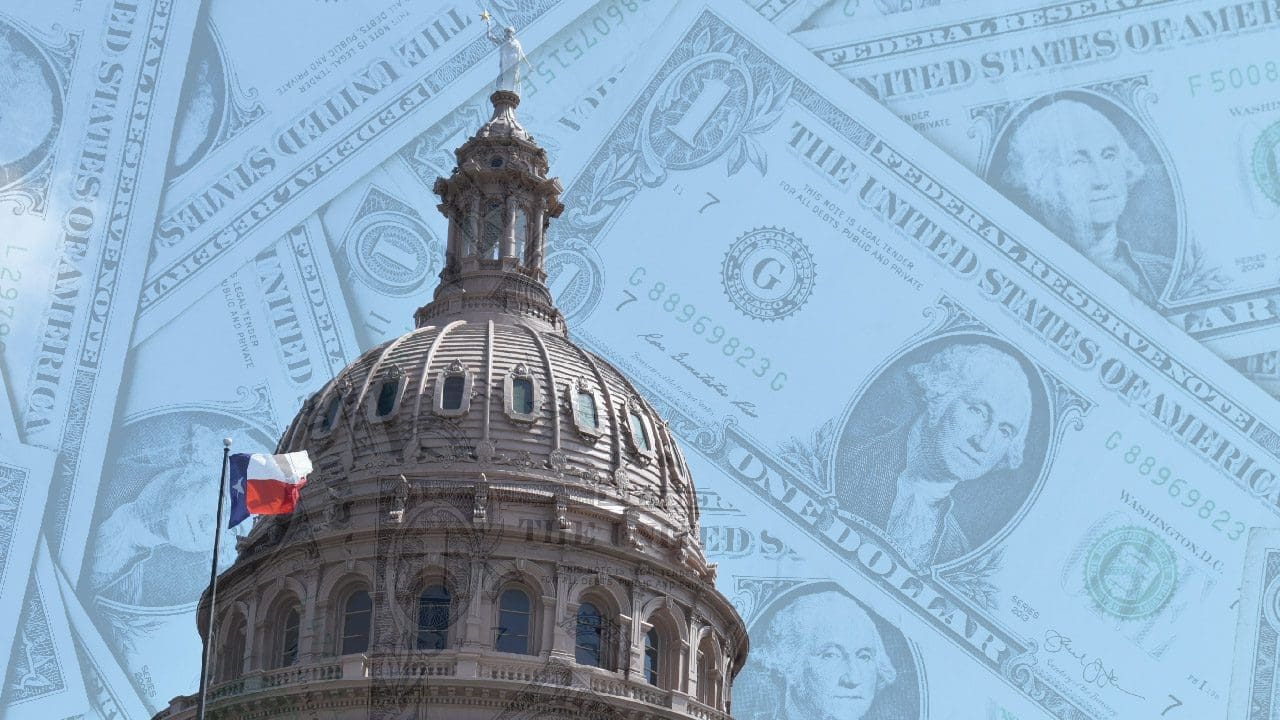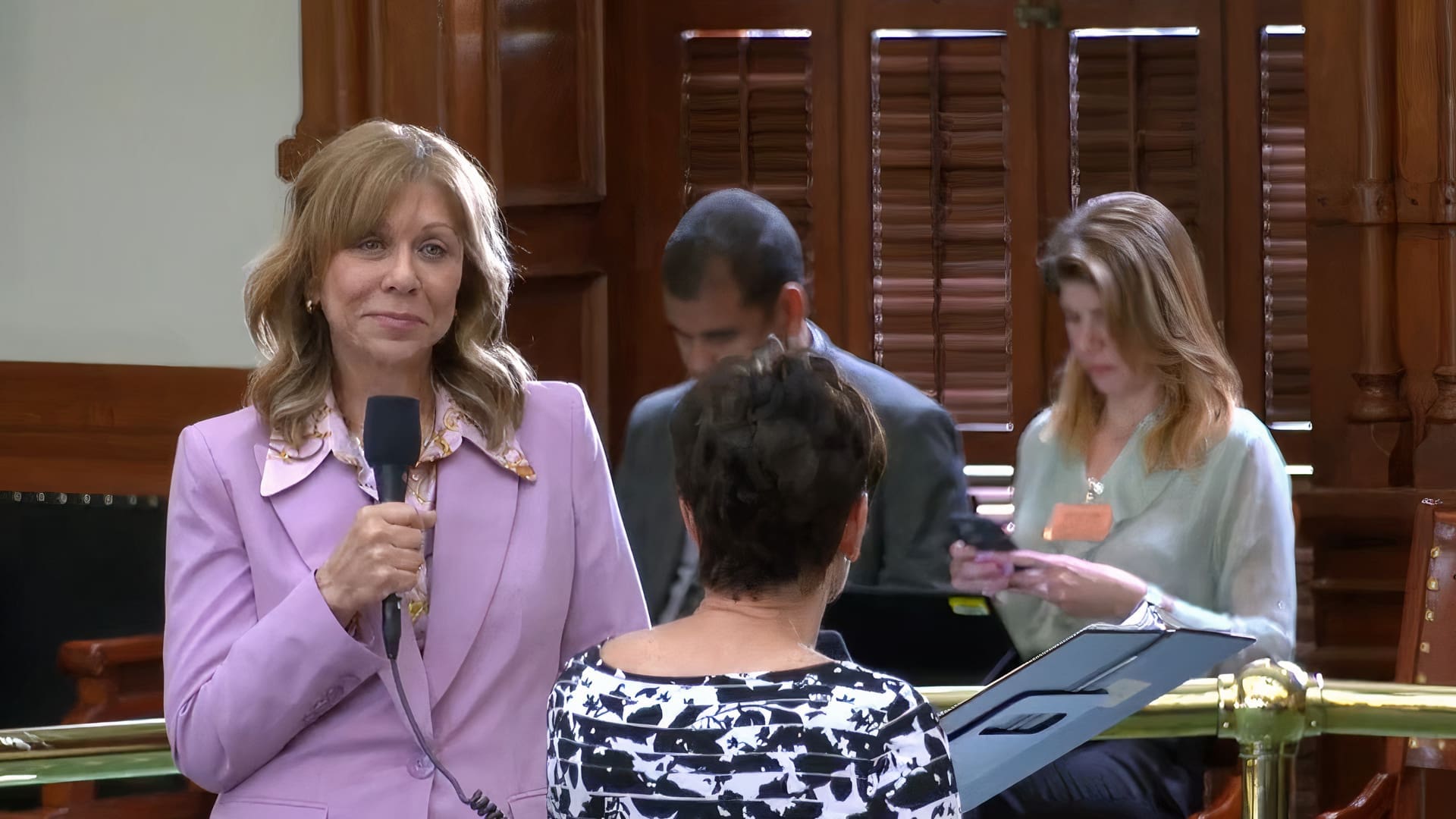Last week, Mayor Annise Parker revealed what she called her “lean and mean” conservative $5.1 billion budget proposal for fiscal year 2016. Although the city has increasingly faced financial issues throughout Parker’s term, her latest budget, once again, offers no cuts, increases spending, and will ensure that her last six months will start the newly elected mayor’s first six months off on the wrong foot.
Parker’s key initiatives for this budget read as a list of personal goals that she wants to accomplish to secure her legacy. Parker wants to complete a general plan, begin phase one of the police body cam program, implement the cultural plan, and create a bike plan. What you won’t find in her key initiatives is creating a long-term financial plan, exploring ways to reduce taxes for Houstonians, or combatting the deficit and pension obligations looming over the city.
Houston’s Long Range Financial Management Task Force, created by Parker’s administration in 2011, advised city officials on what was needed to sustain the city. The task force suggested that the mayor develop a plan to increase revenue, preferably through non-tax revenue sources, and reduce spending. All we have seen in the adopted budgets over the years were increases in spending on personnel and new programs, and increases in sales taxes, water and sewer fees.
The mayor’s budget also increases general fund spending by an additional $130 million, bringing total spending to $2.4 billion, and raises the sales tax to 1.8%.
In addition, revenue from property taxes will be capped at $1.1 billion and the city is expecting to hit the cap for the second consecutive year. Parker has been doing everything in her power to avoid a citywide tax rollback by doubling tax exemptions for seniors and disabled taxpayers up to $160k, but a rollback for all residents is still expected.
Some of these financial debacles were easily avoidable.
During the campaign for the rain tax, also known as ReBuild Houston, the mayor and its proponents touted that the funds collected were going into a “lockbox,” exclusively earmarked for the purpose of street and drainage infrastructure. Shortly after the passage, nearly $1 million of those dollars were diverted to building hike and bike trails. Now, in Parker’s new budget, she wants to allocate an additional $3.6 million to pothole repairs, which was supposed to have already been covered by her own ReBuild Houston initiative.
Prior to the “recalculation” of the deficit (which conveniently resulted in a drop from $144 million to $63 million), Parker was making the case that services would have to be reduced, and she would have to begin looking for funding from other sources. Since the deficit reduction, she no longer feels it necessary to reduce spending as evidenced by her latest proposal.
Despite still being heavily indebted, Houston officials have barely kept the city’s finances afloat through record high property taxes, diversions from the rain tax reserve, and selling city assets. None of these go-to solutions are long-term, and they should only be used for emergency situations. This administration has had six budget opportunities to come up with long-term, permanent solutions to the fiscal problems burdening the city, but continues to kick the can down the road –putting a Band-Aid on a bullet wound.
Though city council’s ad hoc charter review committee tabled the reform idea of lifting or altering the revenue cap, ultimately that decision is left up to Mayor Parker. She has since said she wouldn’t make any decisions on charter reforms until the end of the legislative session. One can only assume that, with her desire to increase spending, she can be expected to present a plan that will alter the cap, allowing for more property tax collection from her already overburdened residents in order to fulfill her lofty budget goals.




